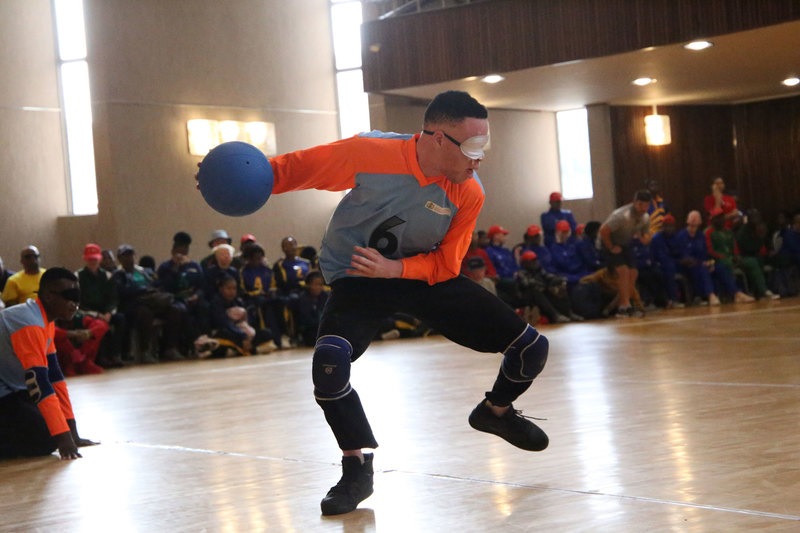Disability Service publishes its first online magazine
31 May 2023 | Story Supplied. Photo Supplied. Read time 2 min.
The University of Cape Town’s (UCT) Disability Service recently published an online magazine – a first for UCT. The magazine focuses explicitly and exclusively on disability-related matters as it aims to educate readers on disabilities, advocate for disability accessibility and inclusion on campus and in broader society, and celebrate the wins within the disability sphere.
The Disability Service collaborated with the Students with Disabilities Forum (SWDF) on this exciting initiative. The SWDF is a UCT student governance structure for students with disabilities which is anchored on “educate, advocate and celebrate” as its pillars.
The magazine is called DM, which is a play on “to DM someone” (to send someone a private message on social media). “DM is an acronym for Disability Matters because disability is an important part of our society that should never be left out, and, of course, the magazine is about matters (news) on disabilities,” said Lesego Modutle, the magazine’s editor-in-chief.
“Most people do not really understand disabilities or have misconceptions about persons with disabilities.”
Modutle spearheaded the idea of the magazine and leads a team of UCT students with various disabilities, both visible and invisible, to create and collect disability-related content either by sharing their personal experiences or by conducting interviews with persons with disabilities or people who work within the disability field.
“It has been a long-standing vision of mine to create an impactful disability advocacy tool at UCT that is attractive so that people can enjoy engaging with it while learning the facts about disabilities. We read news every day, but not much is reported on disability and when disability is reported on, most of the time it is done in an absurd manner, Modutle noted.
“Most people do not really understand disabilities or have misconceptions about persons with disabilities. DM helps to address attitudinal barriers and demystifies disabilities. I am so honoured to be working with an amazing publication team, made up of UCT students with disabilities, to make this dream a reality.”
DM is available under the Resources tab on the UCT OIC website. Should you require a text converted copy, please email disabilityservice@uct.ac.za
 This work is licensed under a Creative Commons Attribution-NoDerivatives 4.0 International License.
This work is licensed under a Creative Commons Attribution-NoDerivatives 4.0 International License.
Please view the republishing articles page for more information.










